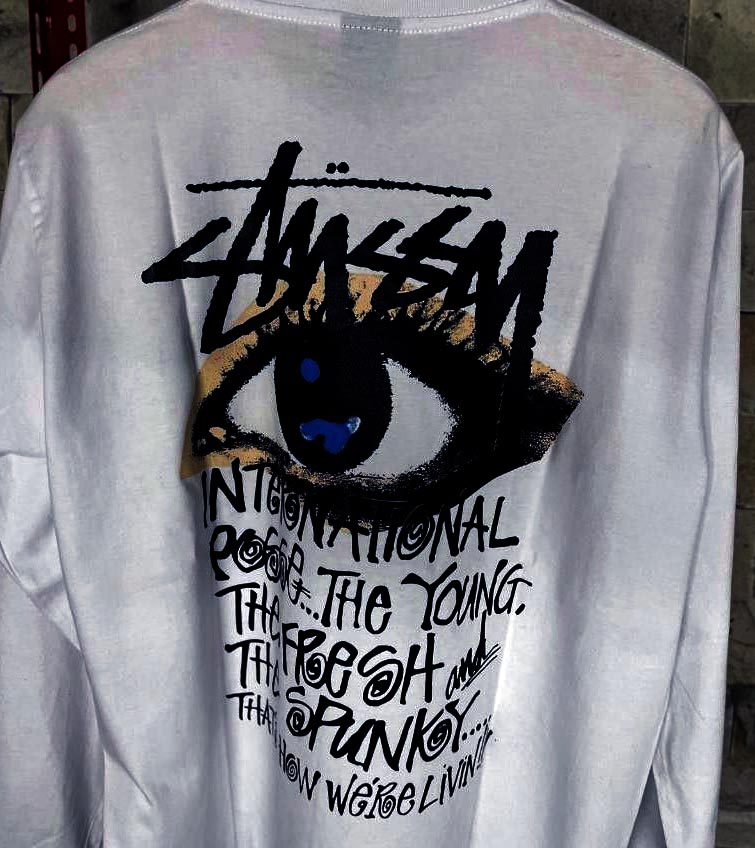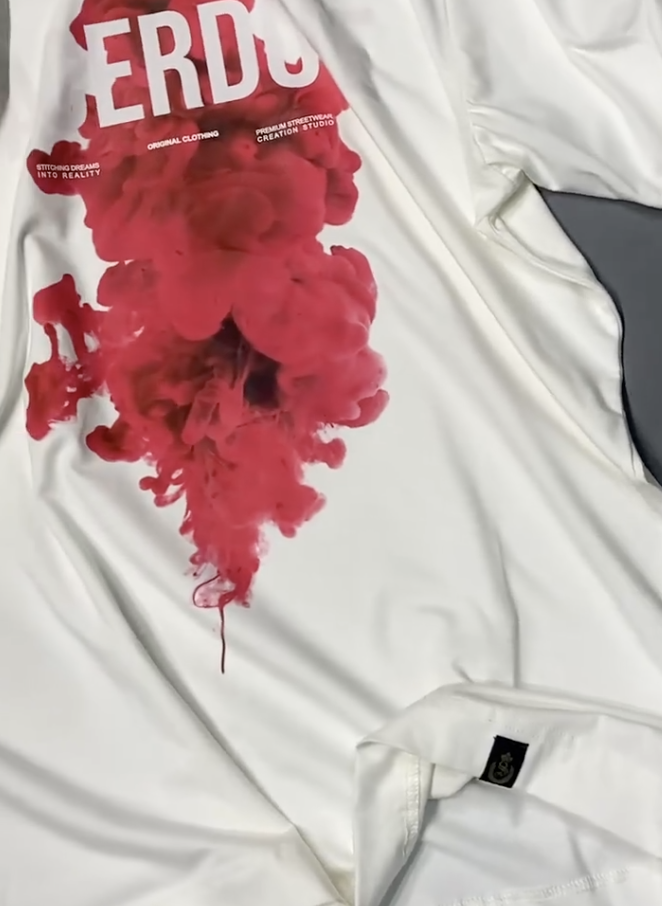When you move beyond off-the-shelf colors and start ordering custom plastisol ink, you stop fighting the press and start shipping shirts. Below is a clear, practical look at what you actually gain—on color, cure temp, throughput, compliance, effects, and cost—plus who benefits most.
If you want a quick sense of what we make, start here: Plastisol Ink Manufacturer and our core plastisol ink catalog (screen printing ink). For a long read of our internal docs.
Table of Contents
Color Consistency in Plastisol Ink Manufacturing
Pantone-tight color is the first reason shops go custom. A controlled mix system and a repeatable formula database keep your brand red the same in July and in December. Large runs don’t drift because the formula, scale, and mix procedure don’t change. Major vendors document this approach and provide formula systems for repeat jobs and shade control, so you can lock to brand standards and reduce rework.
Quick proof point
- Plastisol doesn’t dry in the screen; it cures only when heated. That longer “open time” means fewer shade shifts from clogged mesh and fewer mid-run stops.
Low-Cure Plastisol Ink: Energy Savings & Fabric Safety
Low-cure whites and mixing systems can fully fuse at ~250°F (≈121°C) vs. the typical 320°F (≈160°C). That’s not marketing fluff; it’s in the tech sheets. Lower cure brings two very practical wins: reduced energy draw and fewer heat-related defects (like scorch or dye lift) on heat-sensitive blends and performance fabrics.
Dye-Migration Control for Polyester with Screen Printing Ink
Custom plastisol formulas for polyester—low-bleed whites and blockers—are built to resist dye migration on sublimated and deep-shade poly. You’ll still test your garment (always), but the chemistry is designed for that use case, and the data sheets spell it out.

Throughput & Yield Advantages of Plastisol Screen Printing Ink
If your bottleneck is press speed and dryer dwell, plastisol helps. It won’t dry in the screen (longer print window), flashes fast, and—because plastisol is 100% solids—what you print is what you cure, with almost no solvent loss. That means consistent deposit, reliable hand feel, and more shirts per hour.
Compliance, Certifications & Quality Systems
If you sell into kidswear or big-box programs, you already know this part. U.S. rules cap lead in paint at 90 ppm and set total lead content limits for children’s products. Reputable suppliers publish compliance statements and use ISO-based quality systems so your test reports pass faster.
Special Effects & Differentiation with Plastisol Ink
Want a soft touch white for athleisure, a slick HD gel, a puff logo, or a metallic overprint? Plastisol excels at dimensional and specialty looks and still plays nicely with low-cure workflows. That mix of effects + low cure makes your art team happy and keeps production sane.
Cost Levers & Order Economics
Custom isn’t code for “expensive.” You save in places that matter: less reprint risk, thinner deposits for equal coverage, fewer stoppages from drying, and better first-pass yield on poly. Low-cure also trims gas or electricity. When you negotiate, push for volume brackets, rolling forecasts, and color databases tied to your SKUs to lock consistency and price stability. Technical literature backs the lower-temp cure and fast-flash claims that enable these savings.

Benefit Snapshot (for your ops team)
| Benefit | What it means on press | Typical proof point |
|---|---|---|
| Color stability | Same shade each rerun, fewer rejects | Formula databases; plastisol’s long open time reduces clogging and hue drift. |
| Low-temp cure | Shorter dwell, cooler dryer zone | Documented cure windows down to ~250°F. |
| Poly dye control | Less bleed on athletic poly | “Low-bleed/stop-bleed” whites per data sheets. |
| Throughput | Faster flash, wet-on-wet friendly | White portfolio notes “fast flash” and low-cure performance. |
| Yield | 100% solids, minimal waste | Trade publications note 100% solids and screen-friendly behavior. |
| Compliance | Faster brand approvals | CPSC guidance on limits; ISO 9001 QMS at major makers. |
Buyer Playbooks: Who Gains and Why
| Buyer segment | Specs & pains | Why custom plastisol helps | Decision levers |
|---|---|---|---|
| Large apparel manufacturers | Big lots, standardized SOP, demand stability and high colorfastness | Locked formulas, low-temp cure to protect blends, press-side technical training | Volume discounts, LTAs, supply assurance, OEKO-Tex/REACH docs |
| Contract decorators (pro print shops) | Multi-category jobs, frequent changeovers, pressed for compliance | Low-bleed whites for poly, soft-hand mixes, clean flash behavior | Small-lot quick mixes, low-odor profiles, low-temp cure upgrades, fast support |
| Custom T-shirt & fast fashion | Short runs, bold color, puff/HD moments, DTG + screen hybrids | Vibrant mixes, puff/gel combos, rapid sampling and film-to-press conversion | Small packs, digital color recipes, co-marketing and tutorials |
| Promo & ad specialty | Cotton, poly, nylon; requests for metallic, pearl, fluorescent | Effects library with substrate guidance; safety statements for corporate buyers | Specialty color sets, “how to cure on nylon/poly” guides, compliance labels |
| Signage & soft signage | Textile backlits, outdoor fabric, abrasion and UV concerns | Low-temp for long lines, durable ink films, anti-fade strategies | Weatherable modifiers, device compatibility notes, fade warranty windows |
| Distributors | Regional inventory turns, training demand, MOQ pressure | Stable mixes, predictable restock cadence, launch support | Aggressive tier pricing, territory terms, tech roadshows |
| DIY / studios | Small quantities, many colors, low tool budget | Easy handling, kits with screens/transfer film, simple cure targets | Tooling bundles, video lessons, trial sizes |
Want to talk specifics? Browse our screen printing ink range and ODM notes here: Plastisol Ink Manufacturer Solutions.
Field Scenarios You’ll Recognize
Athletic Poly, Deep Red Jersey (poly dye risk)
You need white numbers that don’t blush pink after the dryer. Use a low-bleed, low-cure white and test at production temp on the actual garment. Custom blocker + white stack curbs migration while keeping dwell short. The approach mirrors what supplier guides recommend for poly.
Performance Tee, Soft Hand Brief
Marketing asks for a “buttery” hand on a tri-blend. Specify a low-temp white underbase and a softer-hand top color via adjusted rheology. You’ll flash cooler, keep the fabric safe, and maintain feel. Low-cure data supports the temperature window.
Fast-Turn Promo, Five-Color Logo
You need 500 pieces by tomorrow. Plastisol’s screen-friendly behavior means fewer cleanouts and a steadier pace. That “doesn’t dry in the screen” property is the quiet productivity win that keeps presses moving.
Why Partner with a Plastisol Ink Manufacturer (and Why Us)
Hong rui sheng is a Plastisol Ink Manufacturer focused on R&D and scaled production for plastisol ink and related screen printing ink systems. We serve mid-to-large apparel manufacturers that run standardized workflows on autos and high-speed dryers. That means we design for:
- Color repeatability (formula database tied to your SKUs).
- Fast cure windows that respect your dryer profile and fabric mix.
- Compatibility with automatic presses and current mesh/flash setups.
- Cost control through thinner deposits for the same opacity and fewer reprints.
On the business side, we support volume brackets, steady supply, tech training, and quality files (e.g., OEKO-Tex, REACH, CPC/CPSIA where applicable) so your compliance and onboarding move fast. If you’re building a private-label line, our ODM program maps formulas to your brand palette and packaging.
Ready to spec your mix? Start at Custom Plastisol Ink Manufacturer.
